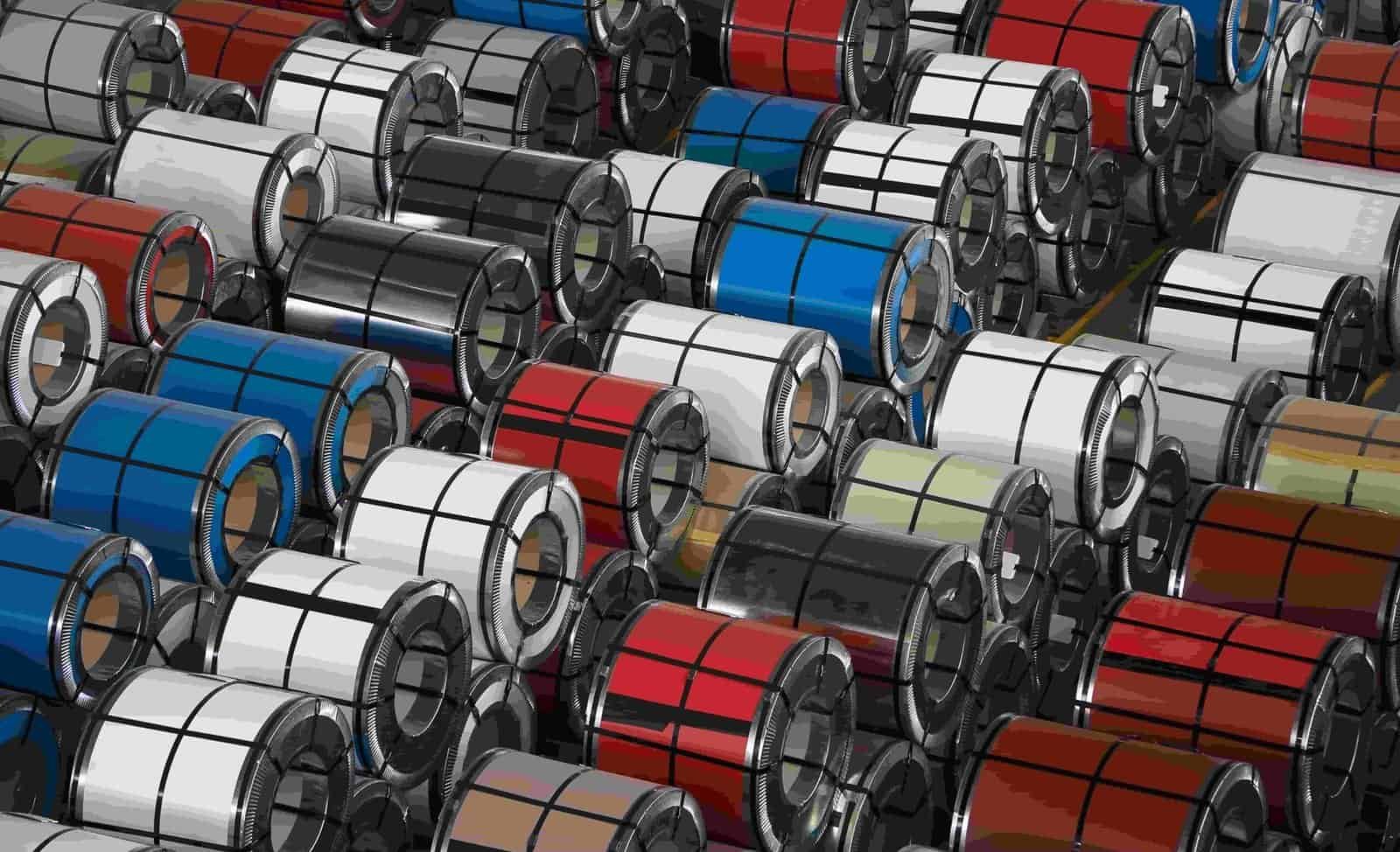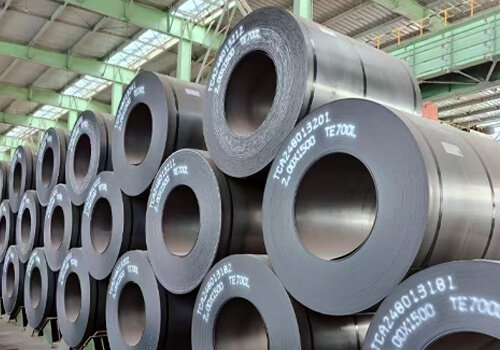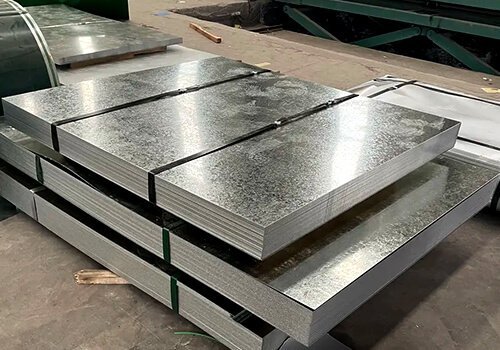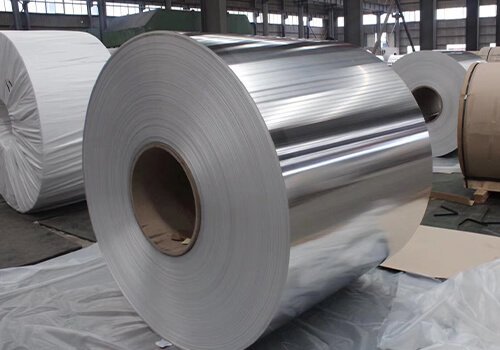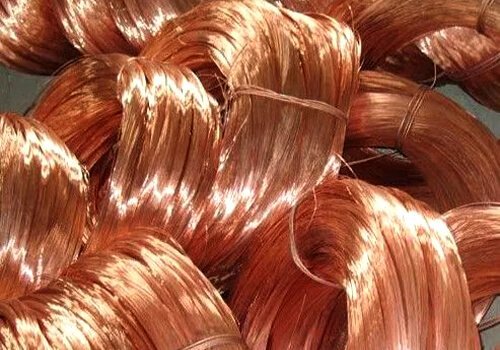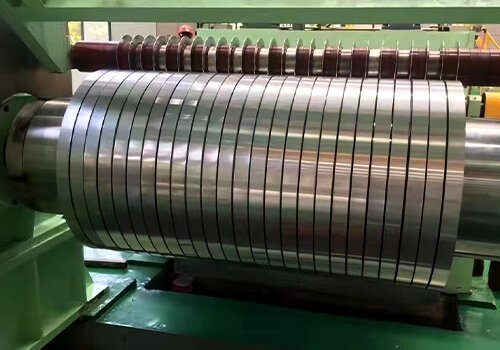Struggling with rust and poor durability in steel products? The best galvanized steel coil can ensure long-lasting performance and protect your investments.
What is the best galvanized steel coil for your construction needs? The best катушка из оцинкованной стали combines a robust zinc coating, uniform thickness, and high corrosion resistance. Ideal for roofing, siding, and structural projects, it reduces maintenance costs and ensures decades of durability, making it the top choice for construction professionals worldwide.
Let’s explore the essential factors to choose and maintain the best galvanized steel coil for your business success.
What Are Galvanized Steel Coils Used for?
The applications of galvanized steel coils are diverse, making them a preferred material for various industries, from construction to automotive manufacturing.
Galvanized steel coil uses include roofing, облицовка стен, automotive panels, ductwork, and fencing. Its corrosion resistance ensures reliable performance in challenging environments.
In construction, galv coils are used for roofing sheets, structural beams, and rainwater systems. The automotive industry employs galvanized steel coils for car bodies and chassis, where durability and resistance to saltwater are vital. Manufacturing plants also use galvanized steel coils for sale in producing appliances, ventilation ducts, and agricultural storage systems. The versatility and cost-effectiveness of galvanized steel coil manufacturers products make them a practical choice for both heavy-duty and decorative purposes.
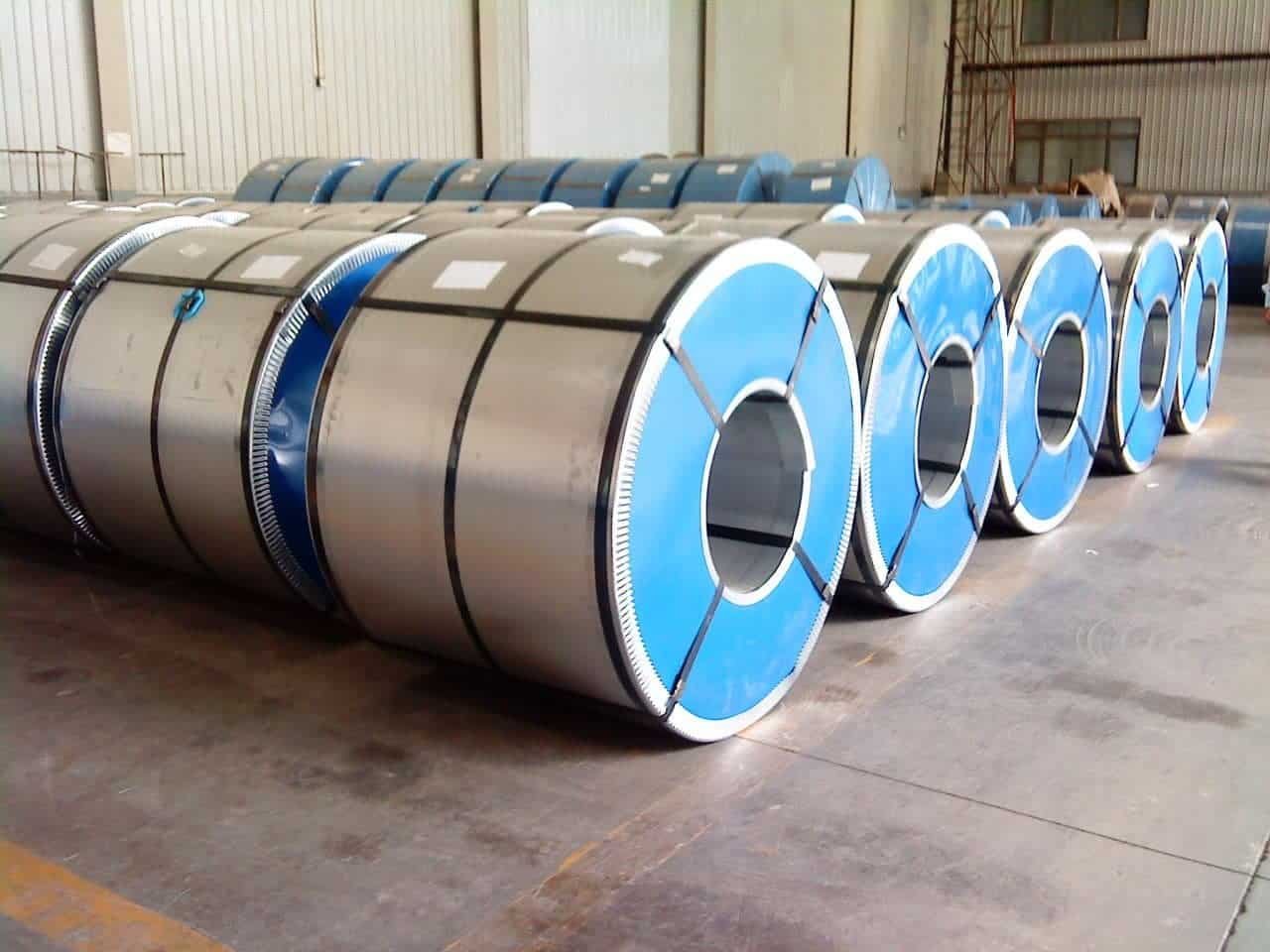
How to Identify Top-Quality Galvanized Steel Coils?
Choosing the right galvanized steel coil involves inspecting coating quality, surface finish, and certification from trusted galvanized steel coil suppliers.
High zinc coating weight, a smooth finish, and authentic mill certificates indicate premium galvanized steel coils suitable for demanding applications.
Top-grade products from a reliable galvanized coil factory will have uniform coating thickness, no visible scratches, and documented compliance with ASTM, JIS, or ISO standards. Checking coil edges for cracks, verifying coating tests, and inspecting packaging methods ensure you receive durable coils with minimal damage during transport. These steps are essential when dealing with international shipments where quality discrepancies can be costly.
Are There Different Grades of Galvanized Steel?
Да, galvanized steel coils are available in different grades, each suited for specific uses.
Grades vary by coating thickness, tensile strength, and intended application. Thicker coatings suit outdoor use, while lighter grades fit indoor projects.
Common grades include G30, G60, and G90, which refer to coating weights. Например, G90 offers higher corrosion resistance for marine or industrial environments. Structural grades have higher tensile strength, making them ideal for load-bearing construction, while commercial grades focus on flexibility for forming and bending processes. Galvanized steel coil manufacturers often customize grades according to customer requirements.
Why Zinc Coating Matters in Galvanized Steel Coils?
The zinc coating on galvanized steel coils is the key to its corrosion resistance and extended lifespan.
Zinc acts as a barrier and sacrificial layer, protecting steel from moisture, oxygen, and chemical damage.
The thicker the zinc coating, the better the protection. In coastal or industrial areas, environmental factors can quickly corrode unprotected steel. A G90 coating, for example, is often recommended for projects near seawater. Galv coils with consistent zinc application ensure even protection, avoiding weak spots where rust could begin. When sourced from trusted galvanized steel coil suppliers, you get the right coating quality for your region’s climate conditions.
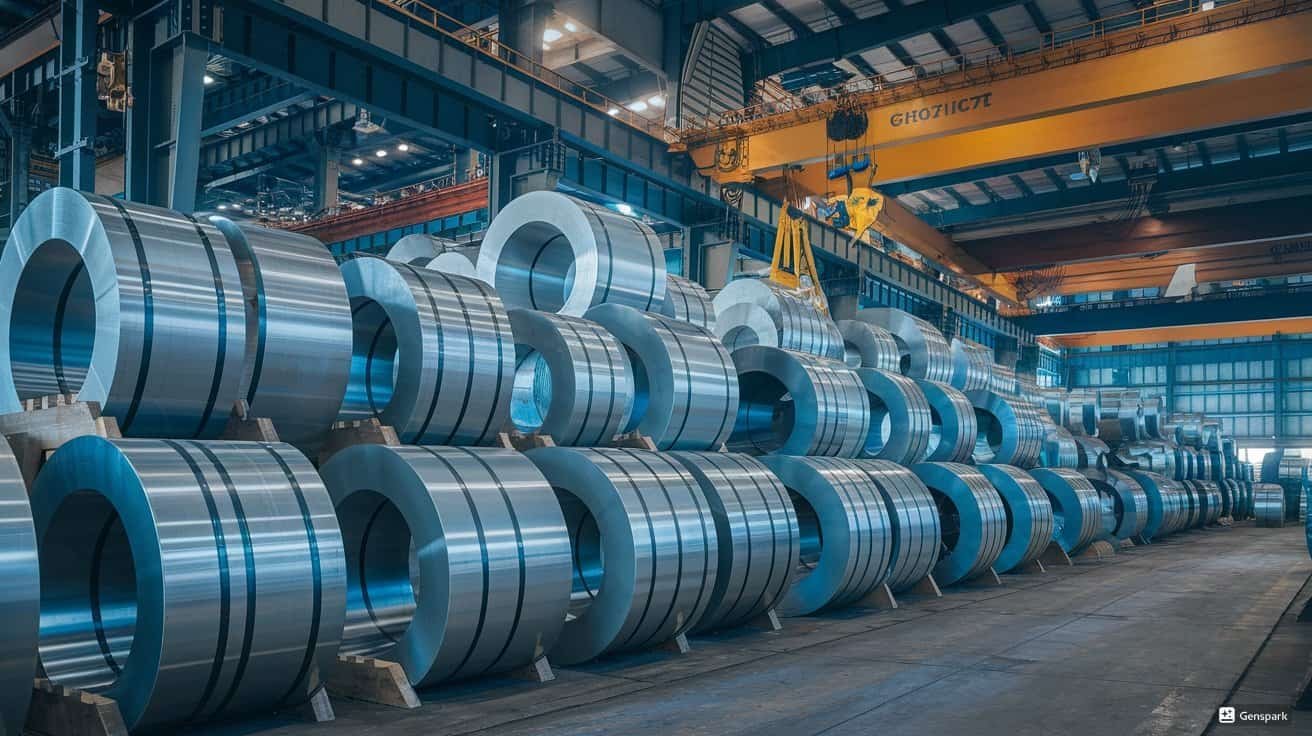
How to Protect Galvanized Steel from Corrosion?
While zinc coating is protective, extra care can further extend the life of galvanized steel coils.
Apply protective paints, store coils indoors, and avoid prolonged contact with standing water for maximum lifespan.
In construction, applying a compatible sealant or paint can add a secondary layer of defense against weather exposure. For stored galv coils, maintaining low humidity storage conditions is crucial. Proper drainage systems in structures also prevent water pooling, which accelerates corrosion. Regular inspection and cleaning help preserve both aesthetics and structural integrity.
How Long Does Galvanized Steel Last?
The lifespan of galvanized steel coils depends on coating thickness and environmental conditions.
In mild environments, galvanized steel can last over 50 years; in coastal areas, around 25 years with proper maintenance.
Urban pollution, humidity, and salt spray all affect longevity. Thicker coatings and maintenance routines can significantly extend life expectancy. Many galvanized steel coil manufacturers provide warranty estimates based on coating grade, so buyers can choose products matching their intended service duration.
Which Is Better, Galvanized Iron or Galvanized Steel?
Galvanized iron and galvanized steel are similar but have differences in strength, cost, and application.
Galvanized steel generally offers better tensile strength and versatility, making it more suitable for heavy-duty use.
While galvanized iron is cheaper, it is less durable under stress. Galvanized steel coils for sale are stronger, lighter, and easier to form into various shapes, making them more popular in modern construction. The decision often depends on budget, project requirements, and expected lifespan.

What Lasts Longer, Galvanized or Stainless Steel?
Both metals are corrosion-resistant, but they differ in durability and cost.
Stainless steel lasts longer than galvanized steel, especially in highly corrosive environments, but costs significantly more.
In industrial and marine projects, stainless steel can last over 100 years without major corrosion. Однако, the price difference is substantial. Galv coils are a more cost-effective choice for projects that don’t require extreme corrosion resistance, providing an excellent balance of durability and affordability.
What Are the Negatives of Galvanized Steel?
Despite its benefits, galvanized steel coil has some limitations that buyers should know.
Possible downsides include lower heat resistance, potential white rust, and difficulty in welding.
Galvanized steel coils can lose protective qualities if exposed to very high temperatures for long periods. Additionally, improper storage can lead to white rust formation. Welding requires removing the zinc layer in affected areas, adding extra labor. Buyers should weigh these drawbacks against the cost and performance benefits.
Where to Buy the Best Galvanized Steel Coil?
Partnering with reputable galvanized steel coil manufacturers ensures quality, своевременная доставка, and cost control.
Trusted galvanized steel coil suppliers offer product inspection, сертификация, and flexible logistics options.
You can source from international trading platforms like Alibaba or directly from a galvanized coil factory in China. Checking trade history, customer reviews, and export experience reduces risks. Many factories offer custom specifications for thickness, coating, and width to meet specific project requirements, ensuring you get the most value from your purchase.
Краткое содержание
Selecting the right galvanized steel coil maximizes durability, reduces costs, and ensures project safety. Quality materials pay off for decades.

